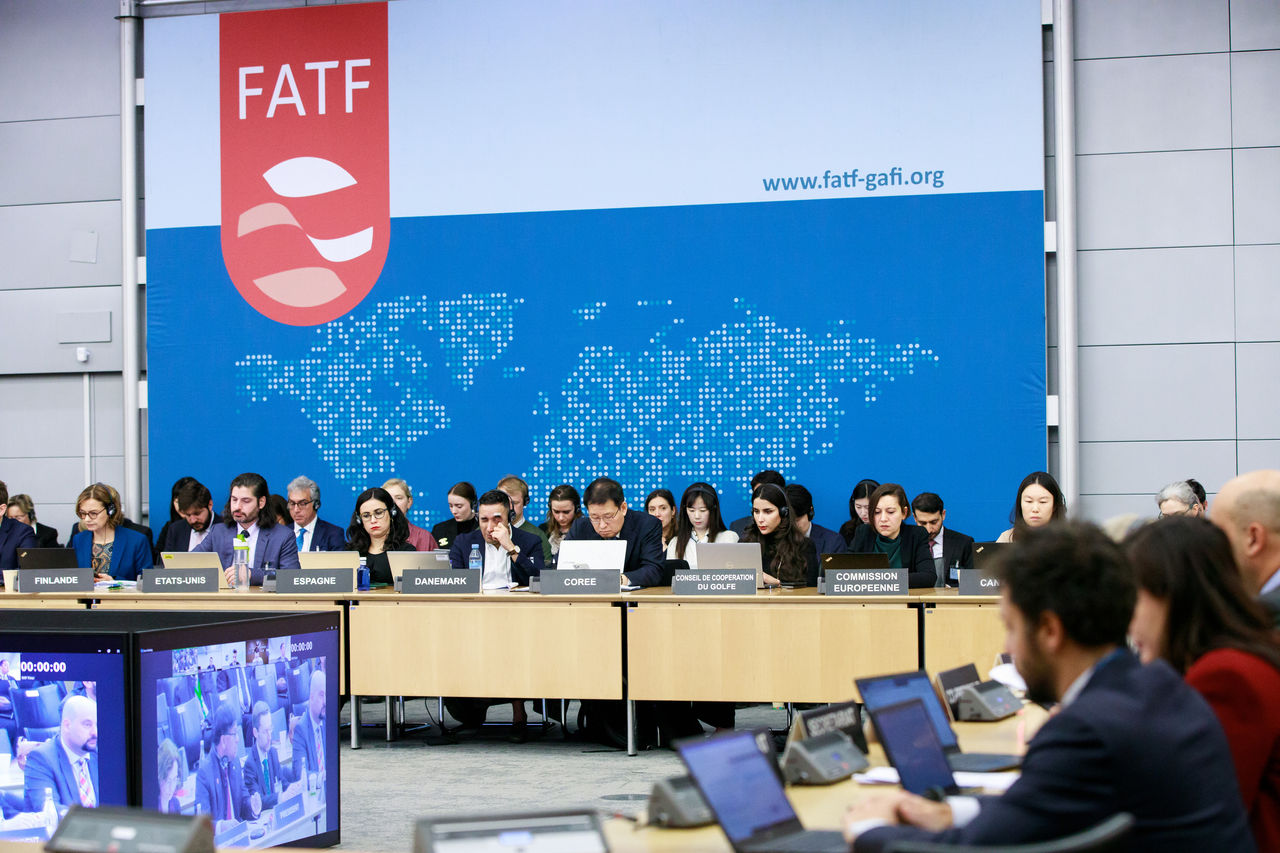

The Financial Action Task Force (FATF) is an intergovernmental organization established in 1989 with the primary objective of combating money laundering, terrorist financing, and other threats to the integrity and stability of the international financial system.
There are currently 39 members of the FATF; 37 jurisdictions and 2 regional organisations (the Gulf Cooperation Council and the European Commission). These 39 Members are at the core of global efforts to combat money laundering and terrorist financing.
The FATF plays a crucial role in setting international standards and promoting measures to prevent these illicit financial activities. Its major role and functions include:
Setting Standards: The FATF develops and promotes international standards, commonly known as the "FATF Recommendations," for combating money laundering, terrorist financing, and the proliferation of weapons of mass destruction. These standards are periodically updated to address emerging threats and challenges.
Assessing and Monitoring Compliance: The FATF conducts mutual evaluations of its member and non-member countries to assess their compliance with the FATF Recommendations and international anti-money laundering and counter-terrorist financing (AML/CFT) standards. These evaluations help identify weaknesses in a country's AML/CFT regime and provide recommendations for improvement.
Identifying High-Risk Jurisdictions: The FATF maintains a list of jurisdictions that have strategic deficiencies in their AML/CFT regimes. These jurisdictions are commonly referred to as "high-risk" or "non-cooperative" jurisdictions. Being on this list can have significant implications for a country's financial sector.
Providing Guidance and Best Practices: The FATF offers guidance and best practices to assist countries and the private sector in implementing effective AML/CFT measures. This guidance covers a wide range of topics, from customer due diligence and suspicious transaction reporting to the regulation of virtual assets and cryptocurrencies.
Promoting Global Cooperation: The FATF encourages international cooperation and collaboration among its member countries and other stakeholders, such as financial institutions, law enforcement agencies, and regulatory bodies. This cooperation is essential in addressing cross-border money laundering and terrorist financing activities.
Enhancing Transparency: The FATF promotes transparency in financial transactions and ownership to prevent the misuse of legal entities and arrangements for illicit purposes. It encourages countries to collect and share beneficial ownership information and take measures to combat the abuse of legal structures.
Advising on Counter-Proliferation Financing: In addition to its core mandate, the FATF also provides guidance and recommendations on countering the financing of the proliferation of weapons of mass destruction. This is in line with international efforts to prevent the spread of nuclear, chemical, and biological weapons.
Engaging with the Private Sector: The FATF actively engages with the private sector, including financial institutions, to ensure their compliance with AML/CFT regulations and to promote a risk-based approach to compliance.
In short, the FATF plays a vital role in the global effort to combat money laundering, terrorist financing, and other financial crimes by setting international standards, assessing and monitoring compliance, and fostering international cooperation and best practices. Its work is crucial in maintaining the integrity and security of the international financial system.
Comments
Write Comment